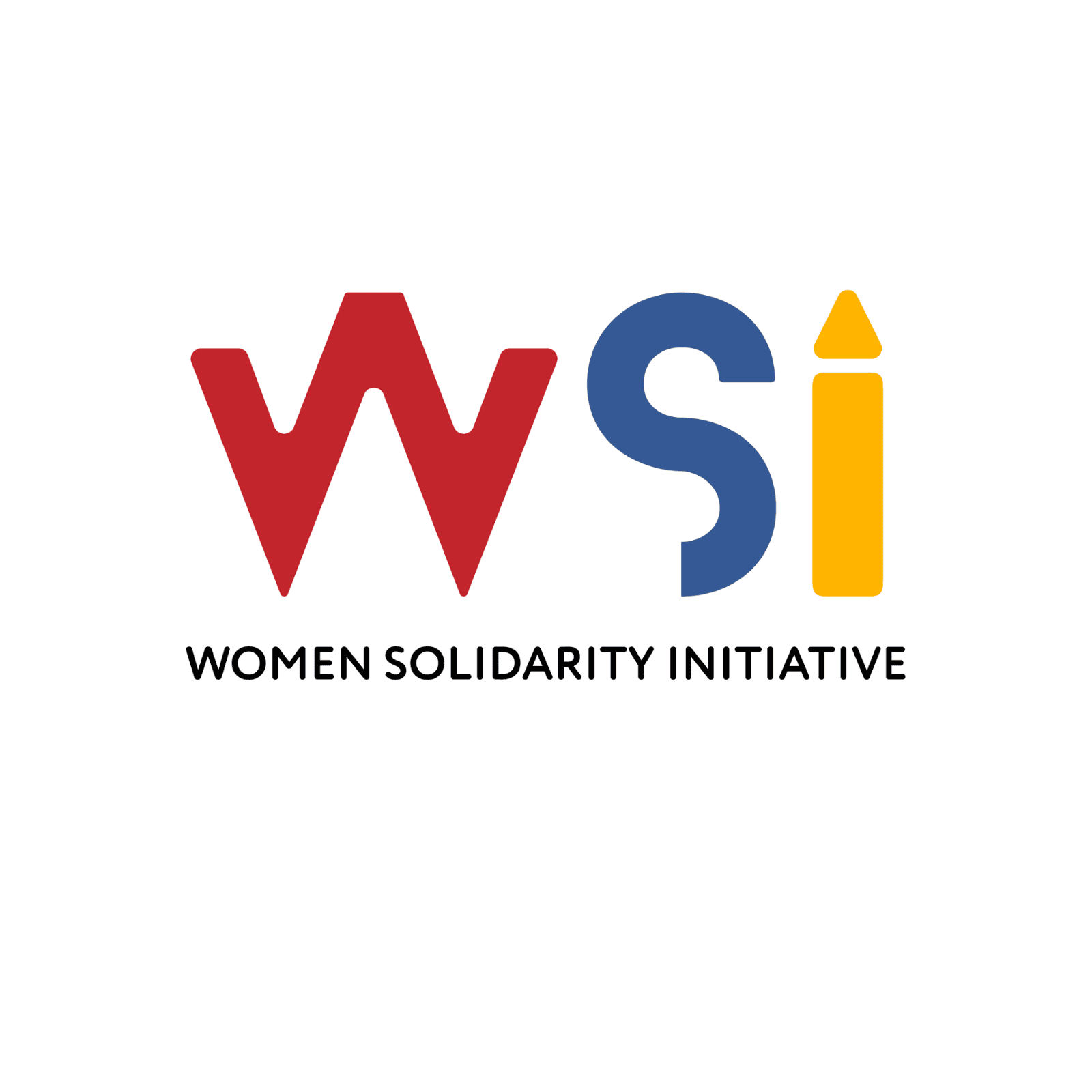‘I did not escape domestic work at home to come and do it at the work place…'
Inclusivity in the workplace is one of the most celebrated achievements of the women’s rights movement. When discussing inclusivity, we refer to workplace policies and practices that provide women with equal opportunities and treatment compared to their male counterparts in employment settings.
Having celebrated the women’s month 2025, the Women’s Solidarity Initiative examines the work place inclusivity that we have achieved thus far and its implications on women’s career growth and development.
I am not insinuating that that workplaces lack inclusivity;- far from it! The 21st Century is recognized as an era of women’s empowerment, where more women are leading, studying, and actively participating in formal employment. These are achievements worth celebrating in this month. However, I still question the quality of the work women are doing in these formal employment spaces.
Before delving into this question, let us review the history of women’s work. Throughout history, women have worked incredibly hard. From the beginning of their existence, like Eve, who is considered the first woman, all women have served as ‘helpers’ in some capacity. Before entering formal employment, women’s roles focused on bearing and raising children, managing the home, and supporting their husbands in various ways. Unfortunately, this work has been regarded as their natural role which is why it is barely compensated. This is what we now know as women’s unpaid care work.
With the advent of the Industrial Revolution and World Wars; where many men were sent to the battlefield, women joined formal employment, typically with the intention of earning a wage. Thanks to emancipation and improved education, it is no surprise to see women thriving in formal jobs- something we celebrate wholeheartedly!
However, there is still a critical issue at hand; the work assigned to women in many cases resembles the domestic responsibilities they previously fulfilled at home. While the tokenism may be appreciated, it does not fulfill the deeper needs women have in the workplace.
A closer look at women’s career development may reveal that several women are given roles that lean more towards domestic duties traditionally associated with their home lives. Except for a few workplaces, women are often found in supportive roles or caregiving positions at the workplace. The rationale behind this is that they are considered natural ‘nurturers.’ While this may not necessarily be a problem if aligned with their individual qualifications, it serves as a clear example of horizontal discrimination in the workplace.
In our modern era, it is disheartening to witness systematic barriers reducing highly qualified women to roles deemed less deserving simply because of their gender.
At the Women’s Solidarity Initiative, we believe that women’s employment rights encompass for more than just ensuring that they are hired. We advocate for equitable workplaces that promote and empower women; not solely as ‘natural caregivers’ but also as leaders, innovators, and policy influencers. If a woman possesses the merit to fill a ‘non-care’ position at her workplace, that potential should be duly recognized and acted upon.
We demand an end to the genderized stereotypes prevalent in most work and career spaces. Let women receive what they truly deserve!
In line with this year’s International Women’s Day theme, let us accelerate action to eradicate discrimination in employment that hinders women’s ability to reach their full potential.


